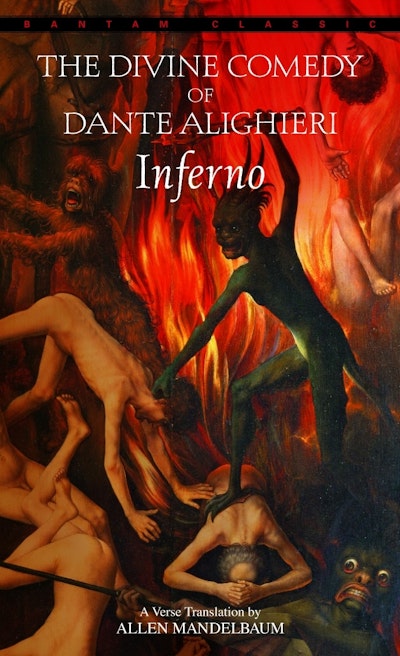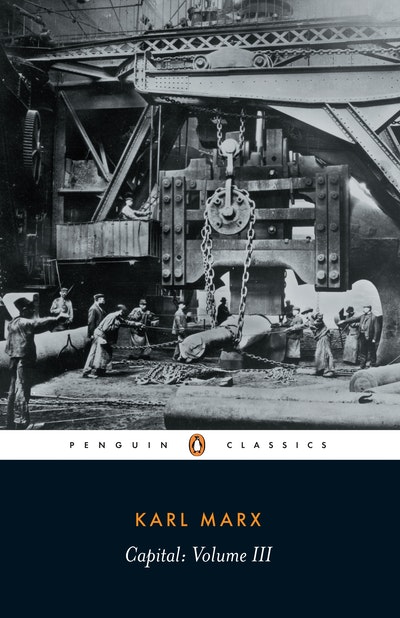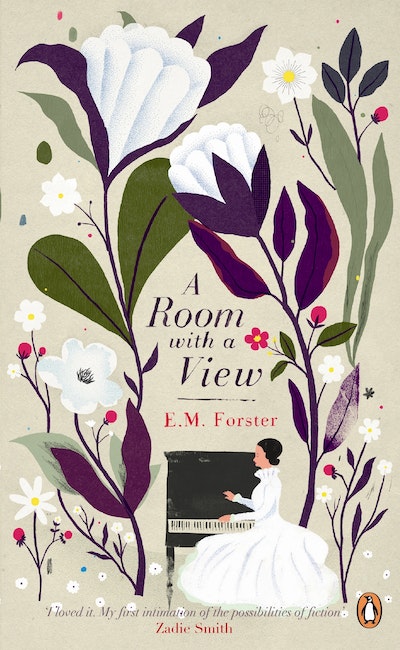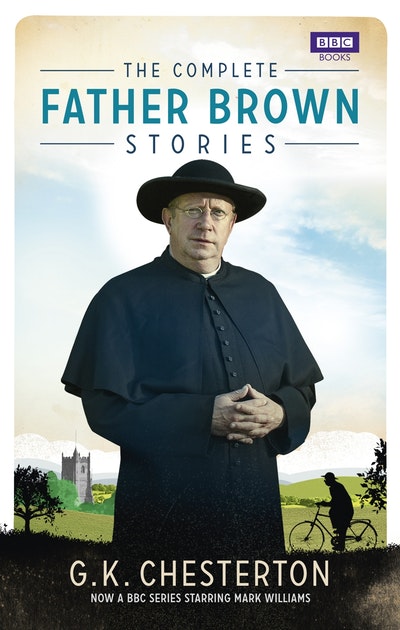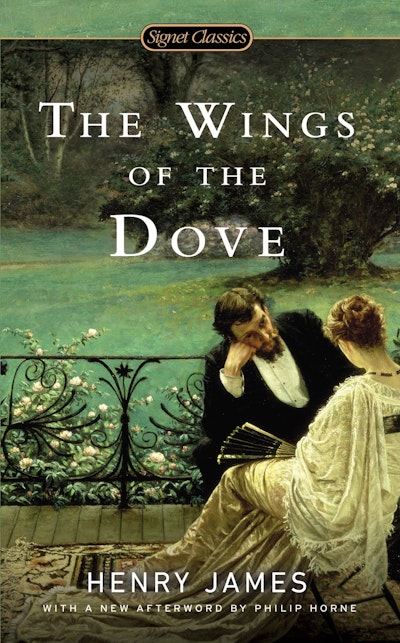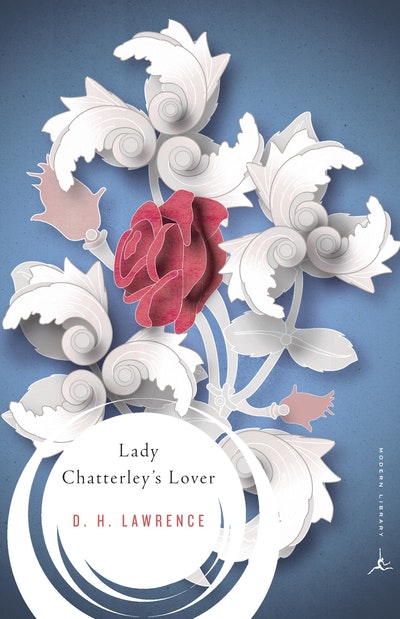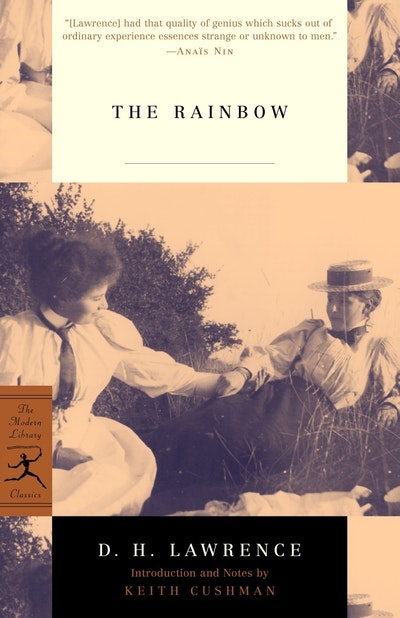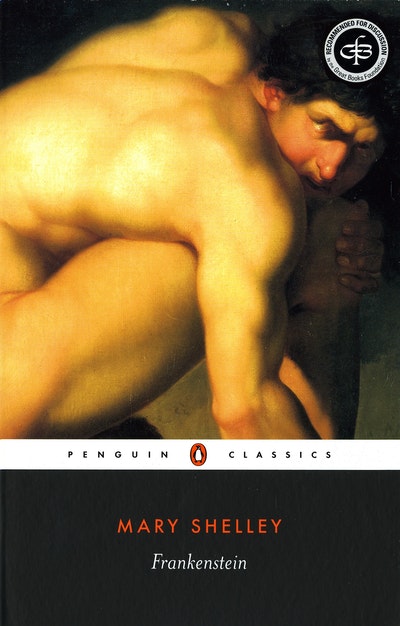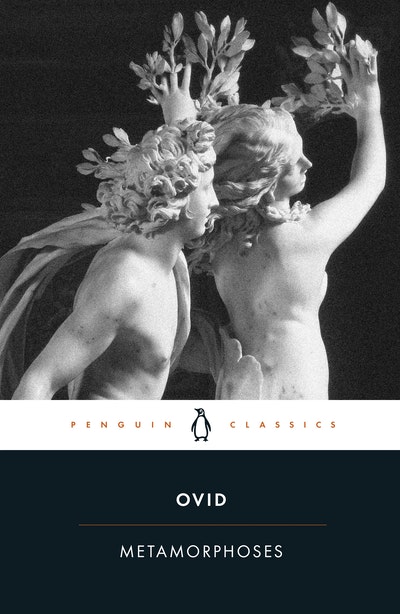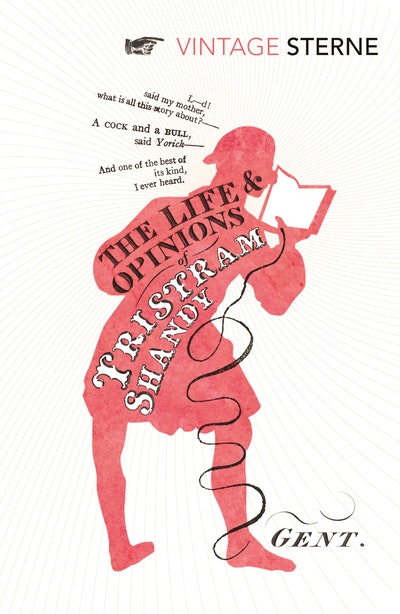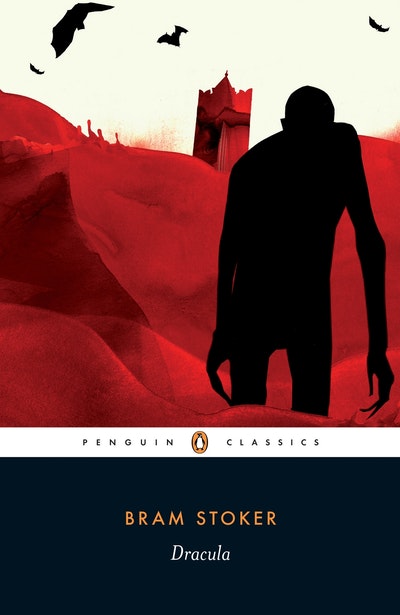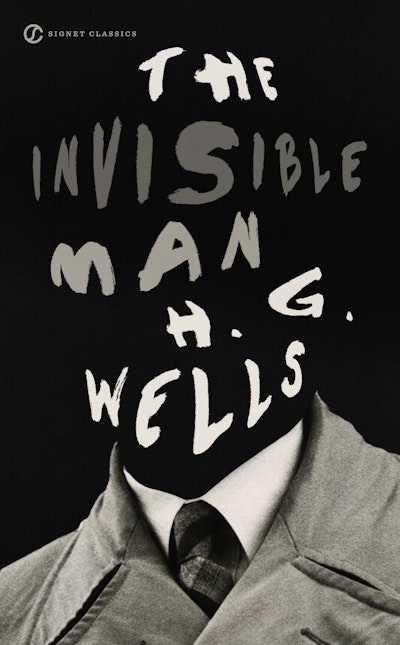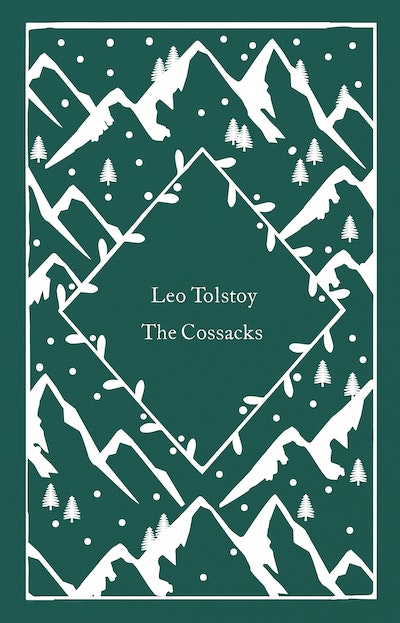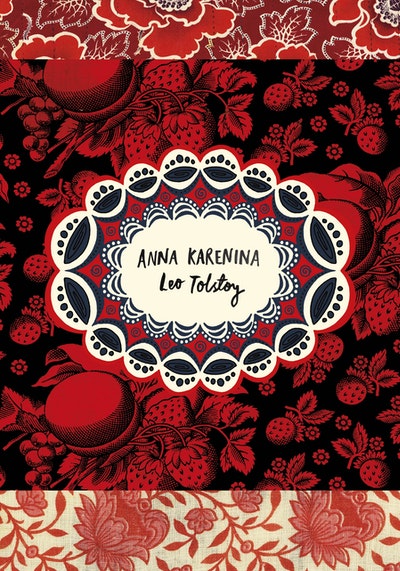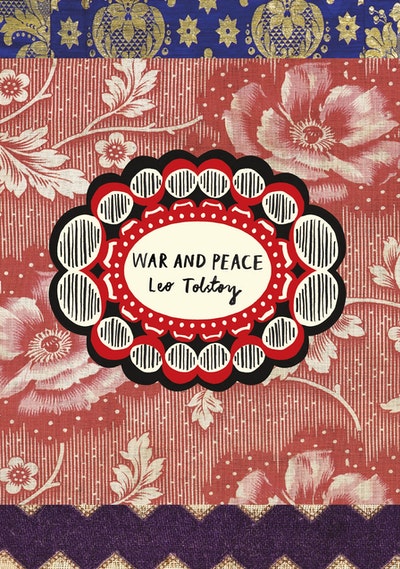- Published: 18 July 2005
- ISBN: 9780140449624
- Imprint: Penguin Classics
- Format: Paperback
- Pages: 336
- RRP: $30.00
Master and Man and Other Stories
Contains ten stories: The Two Hussars; Strider; A Prisoner in the Caucasus; God Sees the Truth But Waits; What Men Live By; Neglect a Spark; Two Old Men; How Much Land Does a Man Need; The Three Hermits; Master and Man
The ten stories collected in this volume demonstrate Tolstoy's artistic prowess displayed over five decades - experimenting with prose styles and drawing on his own experiences with humour, realism and compassion. Inspired by his experiences in the army, 'The Two Hussars' contrasts a dashing father and his mean-spirited son. Illustrating Tolstoy's belief that art must serve a moral purpose, 'What Men Live By' portrays an angel sent to earth to learn three existential rules of life, and 'Two Old Men' shows a peasant abandoning his pilgrimage to the Holy Land in order to help his neighbours. And in the highly moving 'Master and Man', Tolstoy depicts a mercenary merchant travelling with his unprotesting servant through a blizzard to close a business deal - little realizing he may soon have to settle accounts with his maker.
- Published: 18 July 2005
- ISBN: 9780140449624
- Imprint: Penguin Classics
- Format: Paperback
- Pages: 336
- RRP: $30.00


















